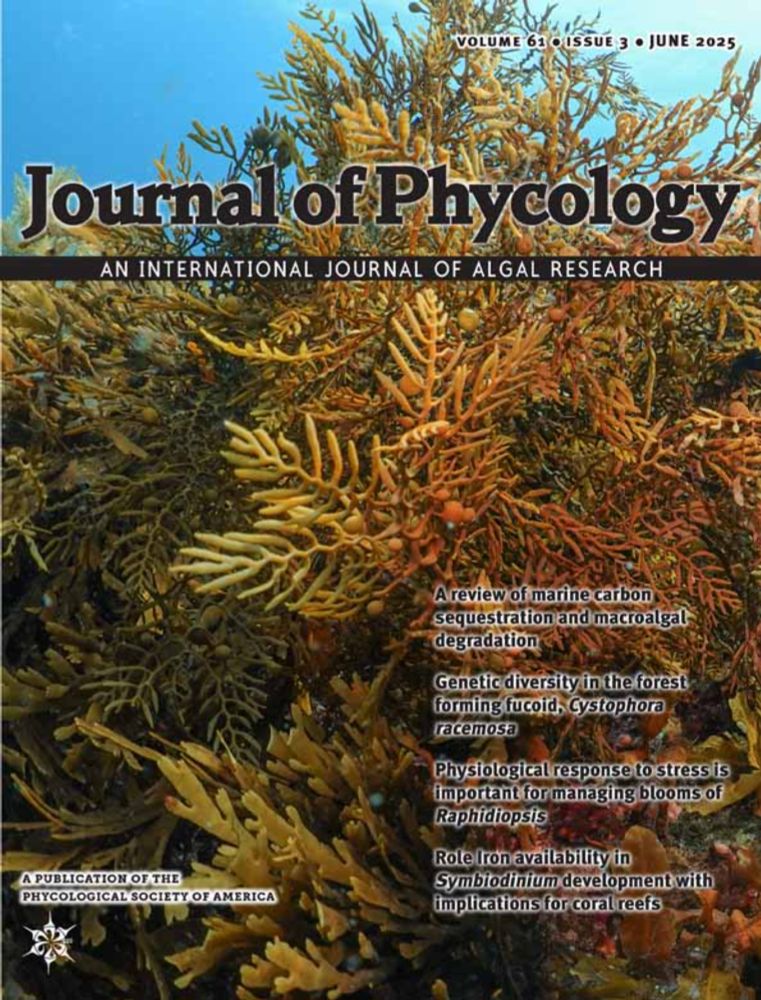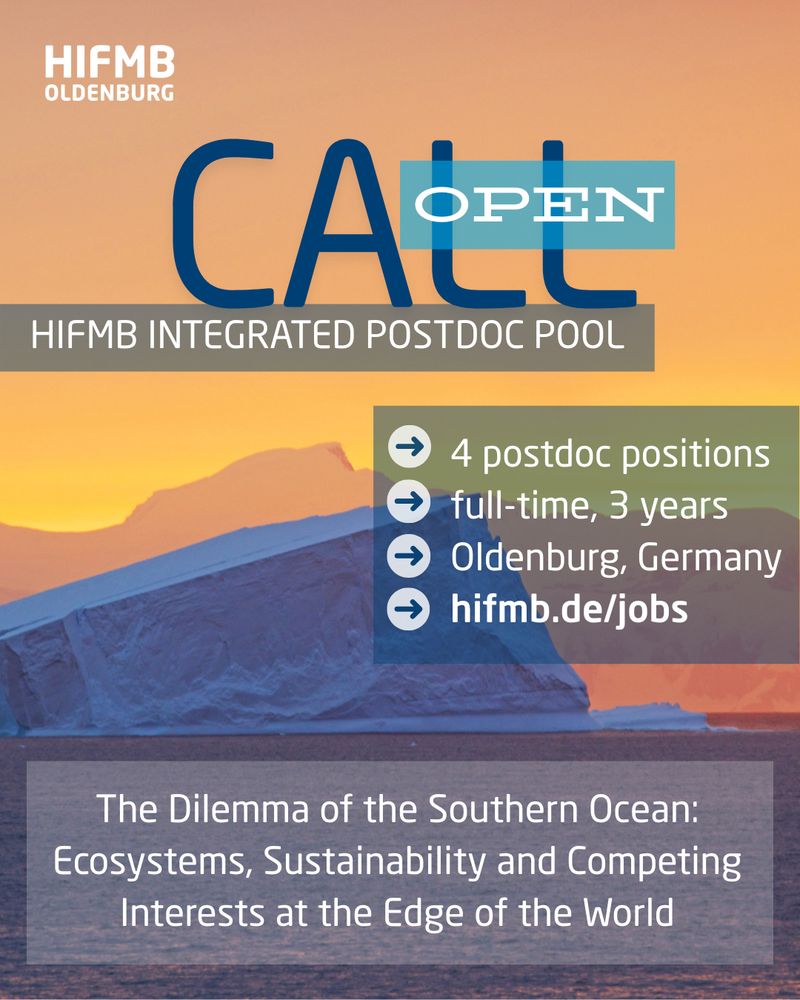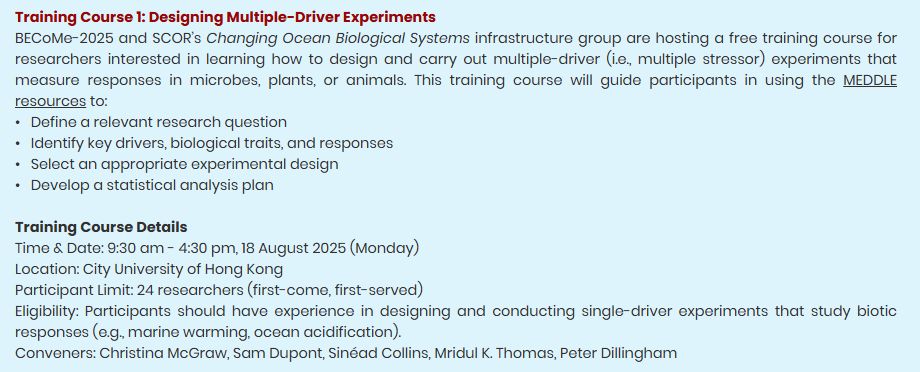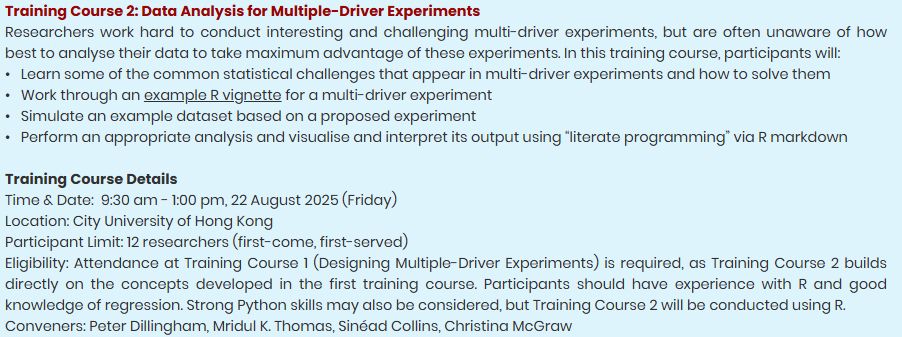Mridul K. Thomas
@mridulkthomas.bsky.social
2.6K followers
630 following
210 posts
ecology, temperature, multiple drivers, plankton, experimental design, statistics | www.mridulkthomas.com | University of Geneva
Posts
Media
Videos
Starter Packs
Pinned
Reposted by Mridul K. Thomas
Reposted by Mridul K. Thomas
Lennart Bach
@bachlennart.bsky.social
· Jul 1

Winners and losers under hydroxide‐based ocean alkalinity enhancement in a Tasmanian plankton community
Ocean alkalinity enhancement (OAE) is an emerging carbon dioxide CO2 removal approach for climate change mitigation and can be implemented with various alkaline materials that convert dissolved CO2 i...
onlinelibrary.wiley.com













![https://en.m.wikipedia.org/wiki/Whole_language
Whole language is a philosophy of reading and a discredited[8] educational method originally developed for teaching literacy in English to young children. The method became a major model for education in the United States, Canada, New Zealand, and the UK in the 1980s and 1990s,[7] despite there being no scientific support for the method's effectiveness.[9] It is based on the premise that learning to read English comes naturally to humans, especially young children, in the same way that learning to speak develops naturally.[10][11][12]](https://cdn.bsky.app/img/feed_thumbnail/plain/did:plc:4g4sdwgumcmp7elol6b2rsc6/bafkreibwpp4gaujrvqv4ozqao2xvczk4djfbd6vbxbmkva2ocuv2bldzdq@jpeg)


